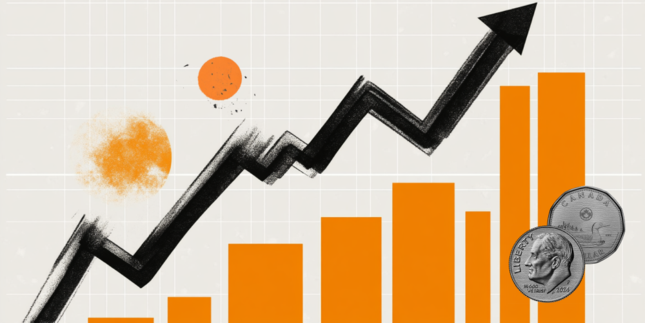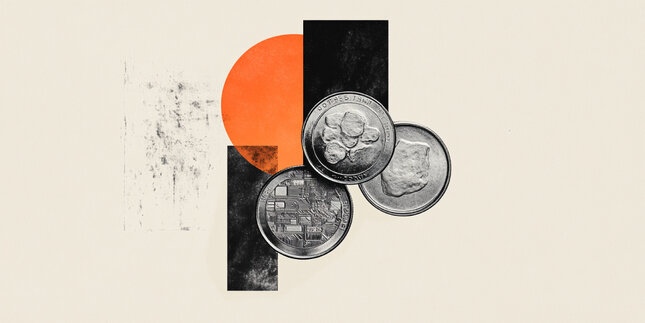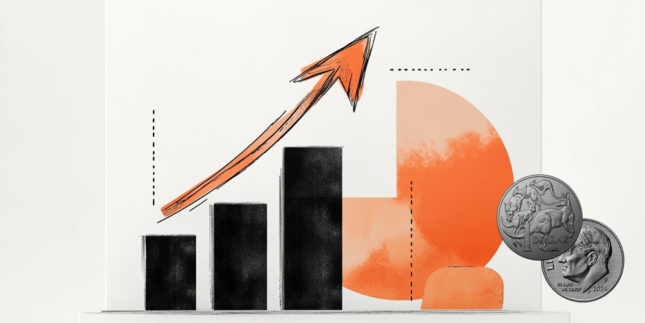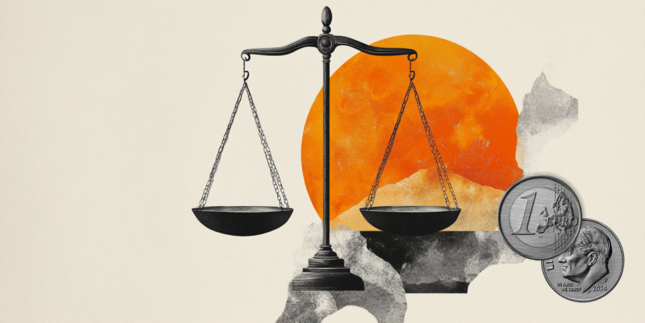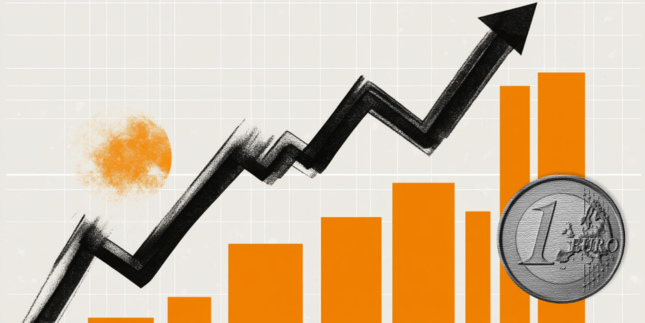EUR/USD weakens to near 1.0400 on Trump tariff threats, ECB dovish bets
- EUR/USD trades with a mild negative bias around 1.0410 in Thursday’s Asian session.
- Trump delivered fresh tariff threats against the EU and China.
- The ECB's dovish bets might weigh on the Euro against the USD.
The EUR/USD pair trades with mild losses around 1.0410 during the Asian trading hours on Thursday. The Euro (EUR) softens as US President Trump has threatened to impose tariffs on the Eurozone. The European Commission will release its advanced Consumer Confidence report for January. On the US docket, the usual weekly Initial Jobless Claims will be published.
Trump on Tuesday said that his administration was discussing 25% tariffs against Canada and Mexico, as well as duties on China and the European Union. The concerns about an economic slowdown in the Eurozone economy and uncertainty surrounding Trump’s tariff threats could drag the shared currency in the near term.
Furthermore, analysts expect Trump’s administration could trigger inflationary pressures, potentially convincing the US Federal Reserve (Fed) to cut rates only once this year. This, in turn, might boost the US Dollar (USD) and act as a headwind for EUR/USD.
Across the pond, the European Central Bank (ECB) is anticipated to deliver 25 basis points (bps) rate cuts in the next four meetings. ECB President Christine Lagarde, along with policymaking council members Francois Villeroy de Galhau, Klaas Knot, and Yannis Stournaras, all supported further policy easing. The dovish expectation from the ECB policymakers is likely to undermine the EUR against the Greenback.
Euro FAQs
The Euro is the currency for the 19 European Union countries that belong to the Eurozone. It is the second most heavily traded currency in the world behind the US Dollar. In 2022, it accounted for 31% of all foreign exchange transactions, with an average daily turnover of over $2.2 trillion a day. EUR/USD is the most heavily traded currency pair in the world, accounting for an estimated 30% off all transactions, followed by EUR/JPY (4%), EUR/GBP (3%) and EUR/AUD (2%).
The European Central Bank (ECB) in Frankfurt, Germany, is the reserve bank for the Eurozone. The ECB sets interest rates and manages monetary policy. The ECB’s primary mandate is to maintain price stability, which means either controlling inflation or stimulating growth. Its primary tool is the raising or lowering of interest rates. Relatively high interest rates – or the expectation of higher rates – will usually benefit the Euro and vice versa. The ECB Governing Council makes monetary policy decisions at meetings held eight times a year. Decisions are made by heads of the Eurozone national banks and six permanent members, including the President of the ECB, Christine Lagarde.
Eurozone inflation data, measured by the Harmonized Index of Consumer Prices (HICP), is an important econometric for the Euro. If inflation rises more than expected, especially if above the ECB’s 2% target, it obliges the ECB to raise interest rates to bring it back under control. Relatively high interest rates compared to its counterparts will usually benefit the Euro, as it makes the region more attractive as a place for global investors to park their money.
Data releases gauge the health of the economy and can impact on the Euro. Indicators such as GDP, Manufacturing and Services PMIs, employment, and consumer sentiment surveys can all influence the direction of the single currency. A strong economy is good for the Euro. Not only does it attract more foreign investment but it may encourage the ECB to put up interest rates, which will directly strengthen the Euro. Otherwise, if economic data is weak, the Euro is likely to fall. Economic data for the four largest economies in the euro area (Germany, France, Italy and Spain) are especially significant, as they account for 75% of the Eurozone’s economy.
Another significant data release for the Euro is the Trade Balance. This indicator measures the difference between what a country earns from its exports and what it spends on imports over a given period. If a country produces highly sought after exports then its currency will gain in value purely from the extra demand created from foreign buyers seeking to purchase these goods. Therefore, a positive net Trade Balance strengthens a currency and vice versa for a negative balance.
Forex News
Keep up with the financial markets, know what's happening and what is affecting the markets with our latest market updates. Analyze market movers, trends and build your trading strategies accordingly.









